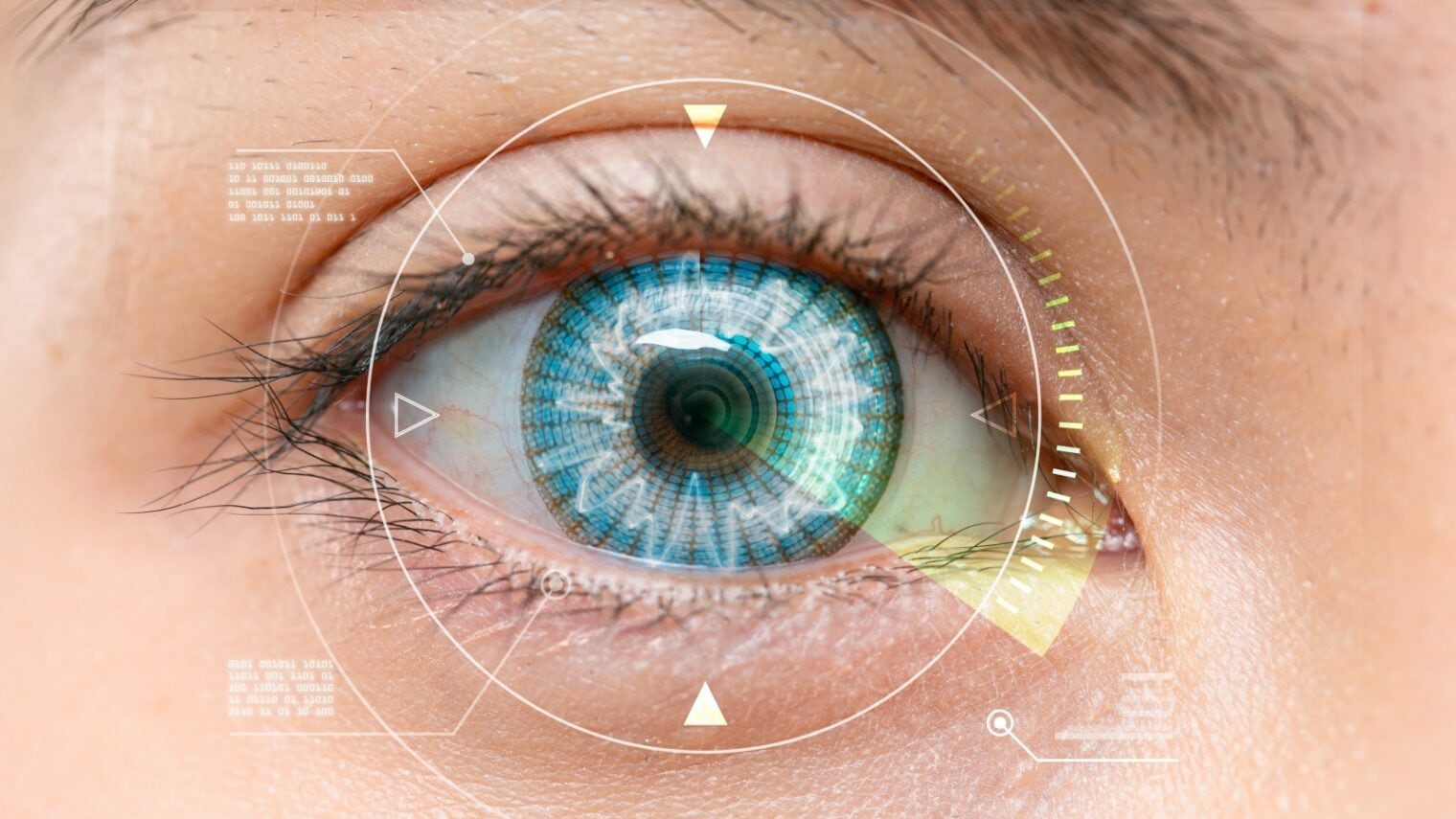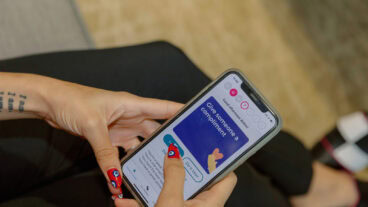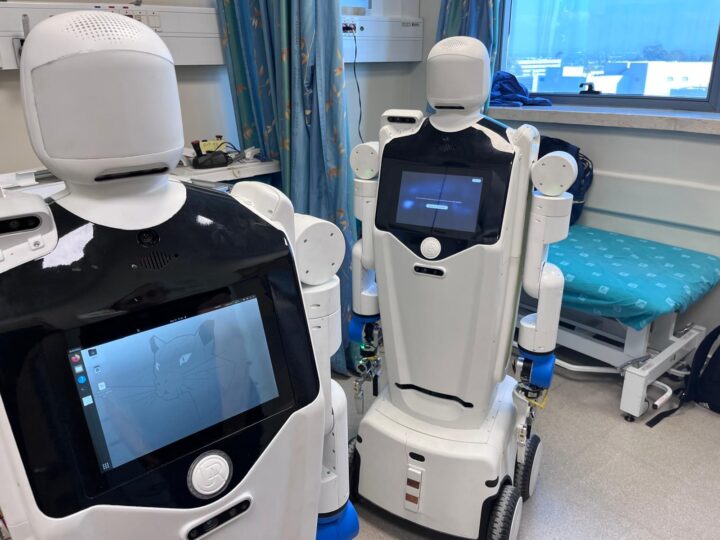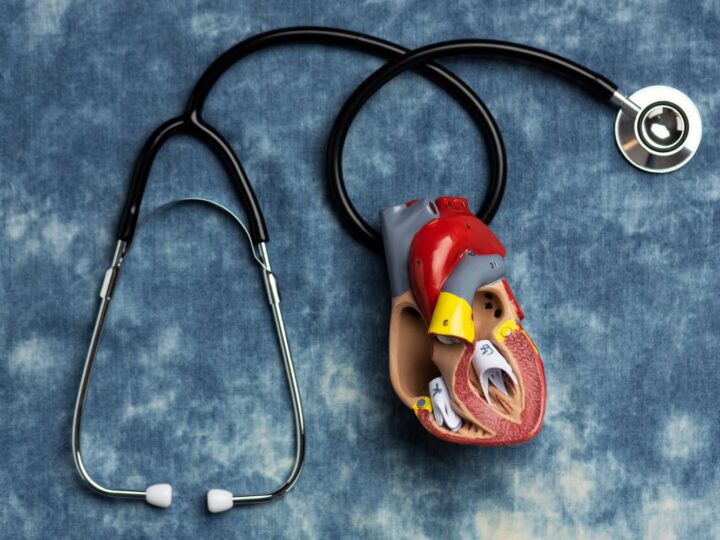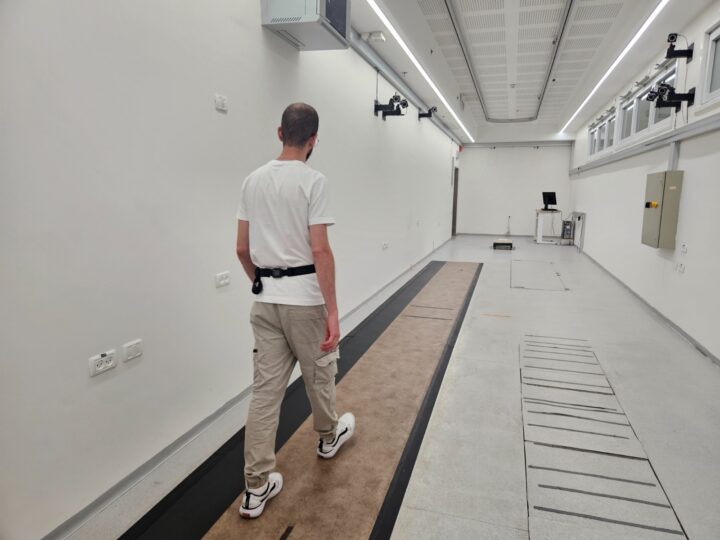Doctors told Amit Azulay again and again that she’d never be able to drive because of medical conditions affecting her eyesight.
She proved them wrong — using a unique piece of software developed by a startup in Israel that has been clinically proven to improve vision.
Despite suffering nystagmus (involuntary eye movements) and albinism, her eyesight became good enough to apply for a license (see her delighted response to the news here).
Amit, aged 25, is one of many patients who say the online training exercises have literally changed their lives.
RevitalVision offers a unique intervention for people with eyesight challenges. It doesn’t treat the eye. It treats the brain.
The eye is the hardware, providing the best optical signal it can. But in many cases, the brain struggles to process that signal.
That could be because of medical conditions including diabetes, glaucoma or AMD (age-related macular degeneration).
It could be a cataract patient whose hardware has been upgraded (cloudy lenses replaced with clear ones) but whose software (the brain) hasn’t caught up.
Or somebody who’s had laser surgery but now has blurry vision resulting from reduced contrast sensitivity and still has to wear glasses. Or somebody with “lazy eye” (amblyopia) whose brain sidelines signals from the eye that doesn’t work as well as the other.
Or somebody who’s borderline for wearing glasses and would prefer not to.
RevitalVision addresses all these problems, and more, with a structured program that trains the brain to better make sense of the blurry signals it receives.
Screams of joy
RevitalVision’s program typically involves three half-hour, at-home computer sessions per week for two or three months. Patients are trained via a dedicated app.
The result, says Yair Yahav, the company’s CEO, is a measurable improvement in vision of 20% to 25%, equivalent to an extra two or more lines on a standard eye chart or, in many cases, the difference between a driving license and no license.
“Some patients come to our premises in Modi’in [central Israel], where we have a team of optometrists,” he tells ISRAEL21c.
“About once a week I hear screams of joy from a patient in another room who now has good enough vision to qualify for a driving license. We have people who are literally crying.
“They’ve been told their whole life that there’s no way, forget it, you’ll never be able to drive.
“Then they come to us and if they’re missing just one or two lines [on the eye chart], that’s the average, we tell them they have an 85% to 90% chance of success.”
One patient testimonial is from a woman who couldn’t read the label on her medicine, or see well enough to sign a check. She now can.
Another, a graduate student with congenital nystagmus, always had to sit at the front of the class to read the board. Now she can sit anywhere.
“It’s really lifechanging for many, many people,” says Yahav.
Image processing
He explains the science behind what they do.
“The quality of the image we see depends both on image capturing and image processing,” he says.
“We don’t treat the lens of the eye; we treat the brain by enhancing its ability to process visual information, which results in significant vision improvement.”
The brain training is based on a “Gabor patch,” which looks like a grid of blurry black and white stripes on a gray background.
It was invented by Dennis Gabor, who was born in Hungary, fled the Holocaust, invented holography, and was awarded the Nobel Prize for physics in 1971.
His seemingly simple image perfectly matches the shape of the receptive fields of neurons, or nerve cells, in the part of the brain that processes visual information.
Repeatedly stimulating those neurons improves their performance, just like physical exercise at the gym builds muscle, says Yahav.
Shoring up weaknesses
RevitalVision uses an algorithm to understand exactly where the weaknesses lie for each patient.
In a typical on-screen exercise, the patient sees three images pop up, two of a Gabor patch and one of a blank. They have to click, using their computer’s mouse, to indicate which is which.
The exercises get harder and harder, with the Gabor patch appearing less clear or further toward the edge of the patient’s field of vision.
All the time, the algorithm is assessing responses and adjusting the images it displays accordingly.
“Our software maps the patient’s cortical deficits, neurons that do not respond well. Then the algorithm tailors specific stimulation to match those deficits,” says Yahav.
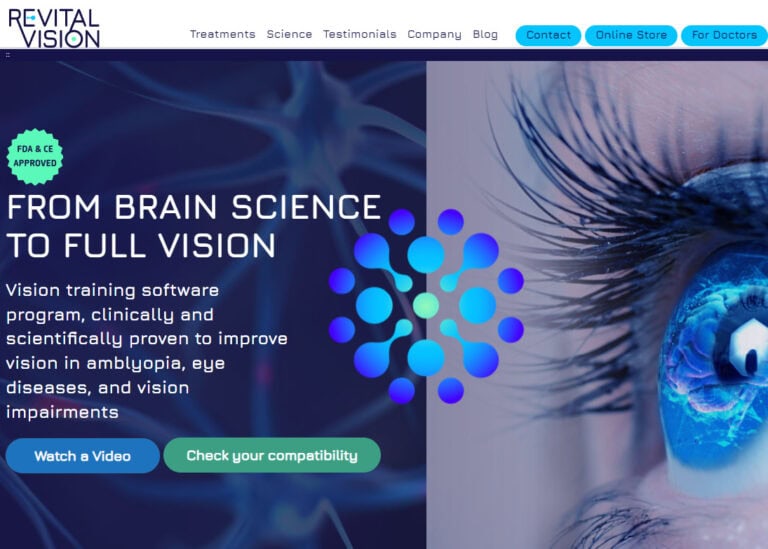
“Once the patient is consistently answering correctly, the software knows that’s the exact threshold, the maximum vision of the patient in this exercise, and moves on to the next one.
“We are training the neurons to be more responsive and restoring the basic mechanism of visual processing in the brain,” he says.
FDA approved
Yahav says RevitalVision has “the only regulated product approved by the FDA with clinical claims to improve vision for a variety of eye diseases and impairments.”
Some products approved to treat amblyopia, he says, are not for those over the age of nine.
RevitalVision builds on pre-Internet technology developed in Israel, which it acquired from another company. This technology was launched commercially two years ago as a web-based product available by direct purchase or through an eyecare specialist.
So far, the company’s product has treated 15,000 patients.
“We’ve raised $7 million so far and we’re raising another $6 million. Now we are scaling up,” says Yahav.
The company received a grant from the Israel Innovation Authority during its product development stage, and is conducting trials at Shamir Medical Center associated with Tel Aviv University.
It currently employs six people in Israel, six in India and one in the UK.
The potential market is so huge that the biggest challenge right now is to spread the word, says Yahav.
For more information, click here.




